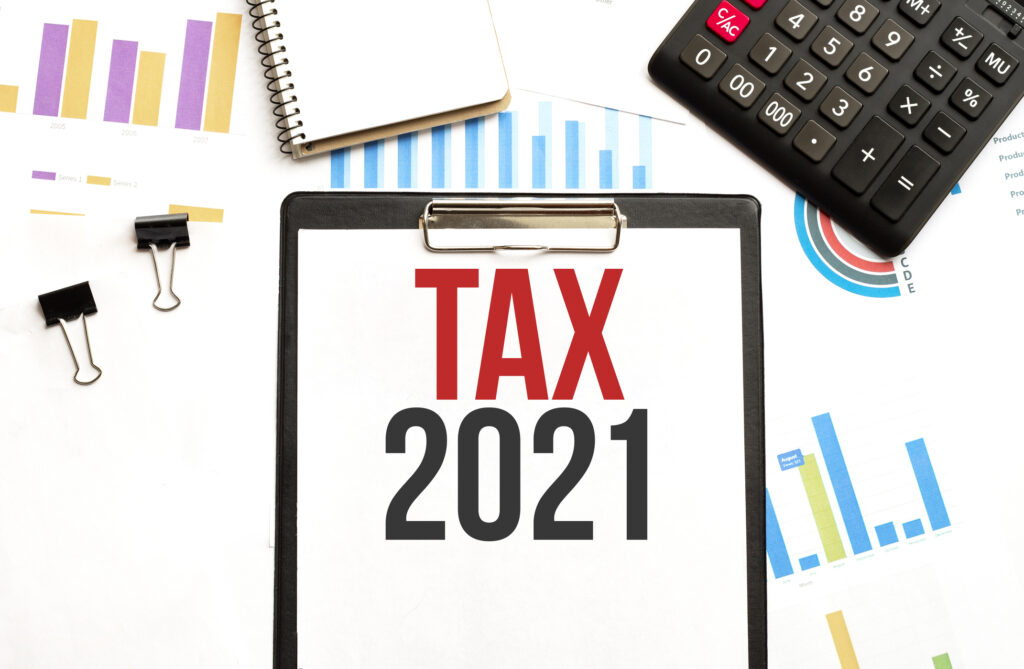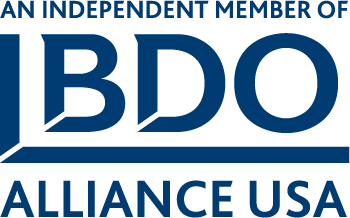Get everything ready this fall to help file your federal tax returns timely and accurately in 2021, including special steps related to Economic Impact Payments.
Steps taxpayers can take now to make tax filing easier in 2021
Taxpayers should gather Forms W-2, Wage and Tax Statement, Forms 1099-Misc, Miscellaneous Income, and other income documents to help determine if they’re eligible for deductions or credits. They’ll also need their Notice 1444, Your Economic Impact Payment, to calculate any Recovery Rebate Credit they may be eligible for on their 2020 Federal income tax return.
Most income is taxable, including unemployment compensation, refund interest and income from the gig economy and virtual currencies.
Taxpayers with an Individual Tax Identification Number should ensure it hasn’t expired before they file their 2020 federal tax return. If it has, IRS recommends they submit a Form W-7, Application for IRS Individual Taxpayer Identification Number, now to renew their ITIN. Taxpayers who fail to renew an ITIN before filing a tax return next year could face a delayed refund and may be ineligible for certain tax credits.
Taxpayers can use the Tax Withholding Estimator on IRS.gov to help determine the right amount of tax to have withheld from their paychecks. If they need to adjust their withholding for the rest of the year time is running out, they should submit a new Form W-4, Employee’s Withholding Certificate, to their employer as soon as possible.
Taxpayers who received non-wage income like self-employment income, investment income, taxable Social Security benefits and in some instances, pension and annuity income, may have to make estimated tax payments.
New in 2021: Those who didn’t receive an EIP may be able to claim the Recovery Rebate Credit
Taxpayers may be able to claim the Recovery Rebate Credit if they met the eligibility criteria in 2020 and:
- They didn’t receive an Economic Impact Payment this year, or
- Their Economic Impact Payment was less than $1,200 ($2,400 if married filing jointly for 2019 or 2018) plus $500 for each qualifying child.
Received interest on a federal tax refund? Remember these are taxable; include when filing
Taxpayers who received a federal tax refund in 2020 may have been paid interest. The IRS sent interest payments to individual taxpayers who timely filed their 2019 federal income tax returns and received refunds. Most interest payments were received separately from tax refunds. Interest payments are taxable and must be reported on 2020 federal income tax returns. In January 2021, the IRS will send a Form 1099-INT, Interest Income, to anyone who received interest totaling at least $10.
Although the IRS issues most refunds in less than 21 days, the IRS cautions taxpayers not to rely on receiving a 2020 federal tax refund by a certain date, especially when making major purchases or paying bills. Some returns may require additional review and may take longer.
EITC/ACTC-related refunds should be available by first week of March
By law, the IRS cannot issue refunds for people claiming the Earned Income Tax Credit or Additional Child Tax Credit before mid-February. The law requires the IRS to hold the entire refund − even the portion not associated with EITC or ACTC. The IRS expects most EITC/ACTC related refunds to be available in taxpayer bank accounts or on debit cards by the first week of March, if they chose direct deposit and there are no other issues with their tax return.
Call the Crosslin tax team to begin discussing your 2021 tax filing now. We are here to help!







